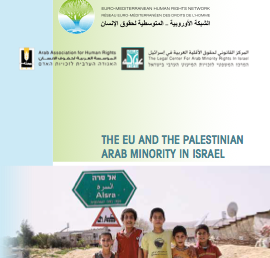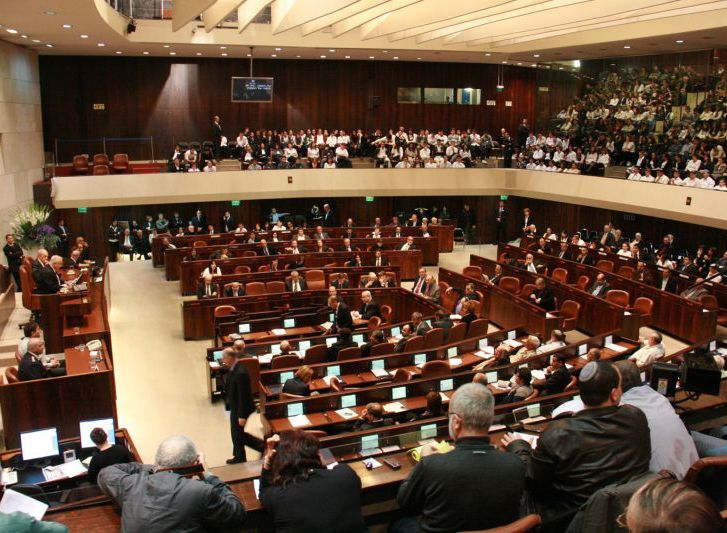Adalah: Nakba Law Violates Rights of Arab Minority to Preserve its History and Culture
The Knesset enacted the Nakba Law on 22 March 2011. The law authorizes the Minister of Finance to reduce funding or support provided by the state to an institution if it holds an activity that contradicts the definition of the State of Israel as a “Jewish and democratic” state, or that commemorates “Israel's Independence Day or the day on which the state was established as a day of mourning.” In Adalah's view, the Nakba Law is another link in a chain of racist laws that target Arab citizens of Israel, violate their rights, and restrict their freedom to express their opinion. The law will also cause substantial harm to cultural and educational institutions and further entrench discrimination against Arab citizens.
Adalah previously sent an urgent letter to the Chair of the Knesset's Constitution, Law and Justice Committee, MK David Rotem, requesting that the Committee reject the legislation. In the letter, Adalah Attorneys Orna Kohn and Sawsan Zaher argued that the law threatened to cut funding to many institutions, including educational and cultural organizations, thereby compromising their ability to provide important services to the public. These funding cuts are tantamount to the collective punishment of the public that receives these services, despite the fact that such persons are unable to intervene in the decisions of these institutions over whether to conduct a certain activity or not.
Adalah stressed in the letter that the law stood to cause major harm to the principle of equality and to the rights of Arab citizens to preserve their history and culture. The law deprives Arab citizens of their right to commemorate the Nabka, which is an integral part of their history. It also grossly violates the right to freedom of expression, a fundamental constitutional right. It may be applied to an institution simply because it held a seminar or study day on a political issue that addresses the definition of the state, or that discusses the future vision of Arab citizens, for example, or a cultural organization that screened a film or held a play that discusses the Nakba. According to the law, such activities are viewed as a threat to the existence of the State of Israel as a "Jewish and democratic" state.
Adalah further emphasized in the letter Israel is a signatory to all international human rights conventions, according to which the state should undertake, inter alia, to preserve and protect the unique culture and history of the Arab national minority. This legislation does just the opposite: the purpose of the law is to prevent members of the Arab minority in Israel from exercising their democratic right to commemorate a seminal event in their history.















